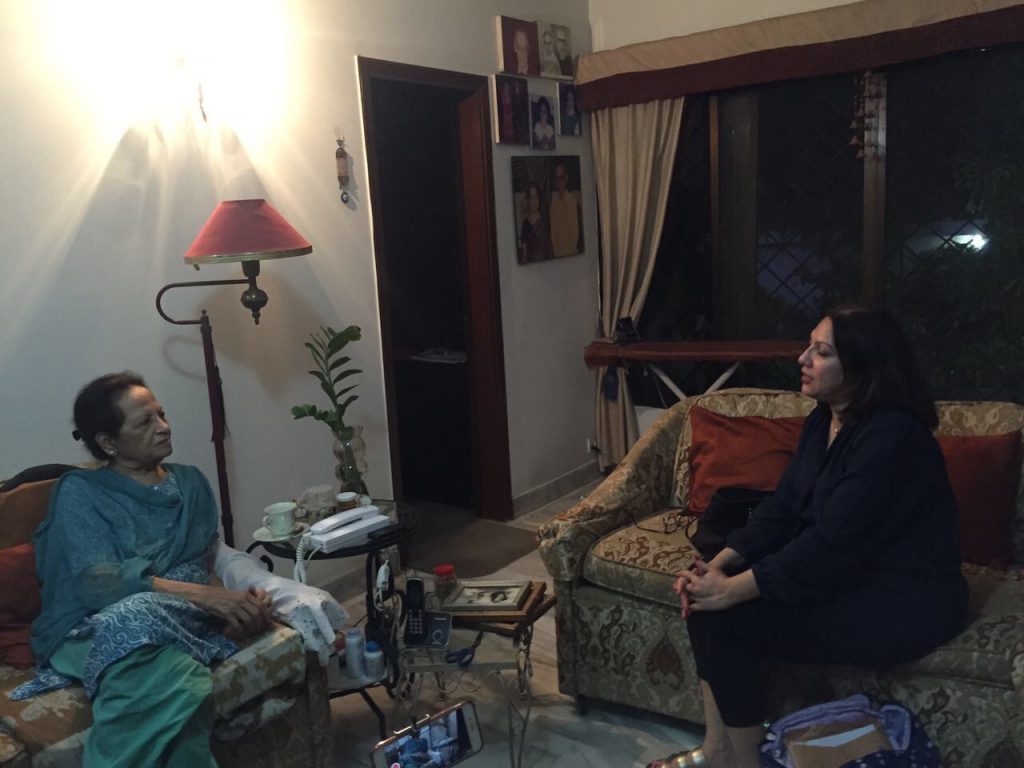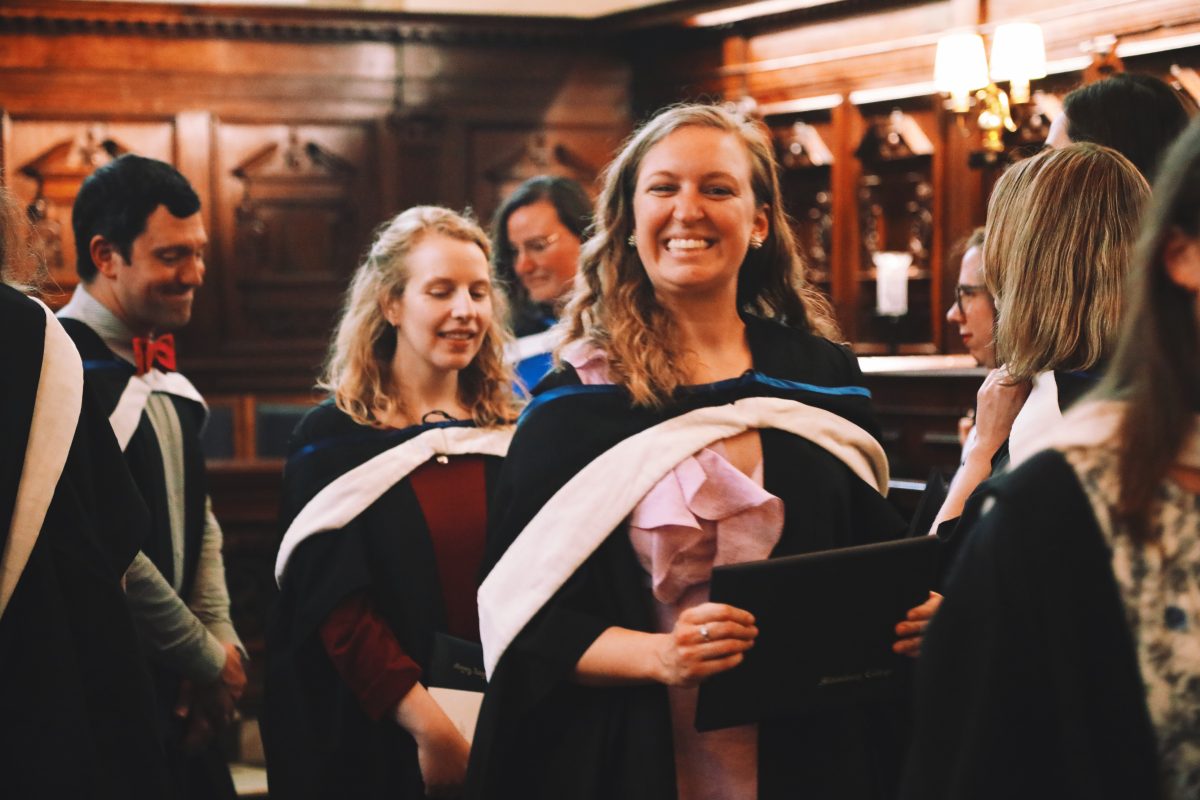For the past five years, Social Studies Teacher Sana Shafqat has thought about recording the oral histories of people in Pakistan who have been through Partition, the violent separation of her homeland from India.
After being granted a sabbatical leave for the 2016-17 school year, she was able to spend time doing just that. “I have wanted to do it because there were some family members I had always heard stories from, like my maternal grandmother, and when she passed away my children knew her, but actually had not had the experience of hearing her stories,” Shafqat said.
The sabbatical also complemented history courses Shafqat teaches, such as AP European History, quite well, with primary documentation adding a crucial aspect to historical learning. “I talk so much in my classes about using primary documents and the bias and the content and the message, but this would be me becoming a historian and recording primary documentation on an event that actually has not been so well documented in terms of primary sources,” she said.
Shafqat worked with the 1947 Partition Archive, which to record and archive first-hand experiences and stories from people across the globe on Partition. “I liked working with 1947 Partition Archive because they have people in all three places [India, Pakistan and Bangladesh] so you can get a much wider range of experiences and opinions,” Shafqat said.
In addition to recording oral histories, Shafqat helped organize two flagship events within Pakistan for the 1947 Partition Archive, one of them taking place at the Habib University in Karachi and the other in a more rural village area in Sukar.
The archive is opening its documents to academics for the first three years, after which they will be open to the public.
Before she went off into the field, Shafqat had to learn how to best conduct these interviews. “I went through an online training program which focused in on interviewing skills including camera work because we ideally like to film our subjects. Then the next task was how to find subjects to record, some of them were very obvious like my parents,” Shafqat said.
[perfectpullquote align=”full” bordertop=”true” color=”#00008b” size=”30″]”The man began sobbing and began to explain that he had a brother who was two in 1947 and died during their journey.” – Social Studies Teacher Sana Shafqat[/perfectpullquote]
Shafqat has likened the crises of Partition and the stories that she heard and archived over the past year to that of the Syrian crisis. “You have entire families that are being displaced,” Shafqat said. “Like my father said [about the Partition], they were very sure that they were moving and never coming back.”
Stories from Shafqat’s own parents even surprised her with facts and experiences spilling out of the interviews, some of which she had never even heard before. “My father actually moved in 1949 and that very important fact was left out during other stories he had told me. My father, who was 15 at the time, was dealing with arrangements of how to get on the ship, how to get the tickets and so on. I never realized that my father had that kind of responsibility and that was news to me,” she said.
Many of the stories were emotional for Shafqat and one story, in particular, moved her to tears. “At the end, we always ask the interviewee if there’s anything they want to add, suddenly he [the interviewee] froze on the screen and said ‘oh…oh, but my brother. My brother!’ and then the man began sobbing and began to explain that he had a brother who was two in 1947 and died during their journey. They buried him right that day,” Shafqat said. “He was crying because of the guilt he felt that for 70 years he hadn’t even thought about his brother.”
After engaging in such a unique experience, Shafqat wants to apply what she learned on her sabbatical to her teachings. “I would also like to start using oral histories and have students interview people in their lives as maybe a part of a unit or a part of a future course or something like that,” Shafqat said.
Written by Cameron Campili
Photo from Sana Shafqat









SYED ADNAN SHAFQAT • Jan 27, 2020 at 3:24 am
Splendid effort, so proud of you.